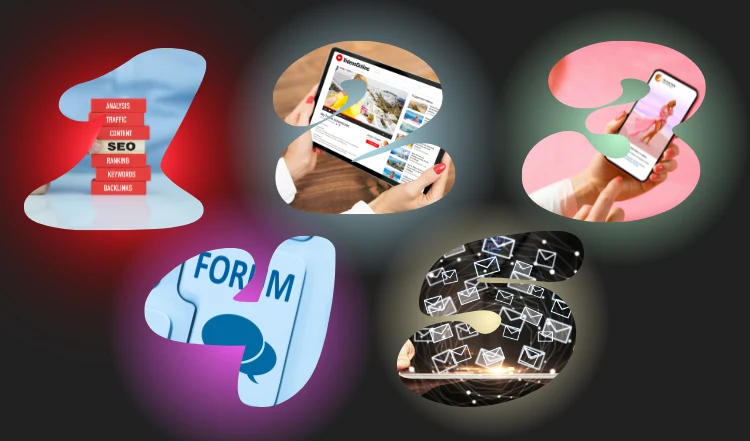Doctors call it emotional detachment. In truth, it's emotional control. And it's very valuable in business.
Emotions, positive or negative, can often lead to poor decision-making. The practice of emotional detachment, used by medical professionals for two centuries, can increase the ratio of good decisions by putting logic and reasoning above feelings and even personal opinions.
Of course, emotional detachment isn’t the same as being emotionless. Rather, it’s a consistent state of self-imposed emotional control.
Consider the following:
- It’s wonderful to love your partner. It’s not healthy to be so obsessed with them that you can’t manage the rest of your life.
- It’s reasonable to be stressed at work. It’s counterproductive to be so stressed that you can’t sleep at night.
Too much emotion can blind us to flaws, create obstacles, and cause us to make poor or even costly decisions.

Emotional detachment has several advantages:
- Wise decisions. Being in a highly emotional state greatly compromises your ability to make good decisions. Wise decisions are based on logic, your values, your goals, and maybe even your gut. You tend to ignore these things when you’re in a state of emotion. Good decisions require a cool head.
- Less stress. Allowing and maintaining a state of emotional agitation is stressful. It’s uncomfortable for your mind and your body. The stress hormones that are released during stress are hard on your body. If you’re emotionally detached, you’re going to be far more relaxed.
- Less anger. Emotional detachment results in less anger, too. In fact, it leads to feeling fewer negative emotions overall.
- You care less what others think about you. If you’re emotionally detached from the opinions of others, you won’t care what others think about you. Most people are very concerned with the opinions of others, which greatly limits their success.
- You feel less fear. Less fear results in more action. You accomplish more with less emotional fuss.
Strategies to learn to be more emotionally detached:
Notice your emotions as they arise.
There’s no good way to suddenly turn yourself into an emotionally detached person. It’s a process. The first step is to notice your emotions right when they begin.
Separate your ego from reality.
Someone smirking at your shoes has absolutely no impact on your life, unless you’re a shoe model. Any negative emotions you feel are simply your ego talking.
- Suppose someone criticized your business plan. Even if the criticism is valid, there’s no reason to be upset. Just improve your business plan.
Use logic as both a tool and weapon.
Imagine you own a real estate investment company, and you’re located in Missouri. Now, imagine that you’re looking for an apartment building to invest in. You’ve found what you think are three reasonable options:
- A nice building in San Diego. It’s by the beach, and you love the beach.
- A beautiful building in Manhattan. You’re excited at the prospect of telling the world that you own such a beautiful building.
- The last option is a run-of-the-mill building in St. Louis. You’re very familiar with this type of building, since you already own several that are similar. There are no surprises here. It’s a solid deal.
- Logically, the last option is the best. It makes sense. The fact that you love the beach has nothing to do with evaluating a business deal. The fact that you would be proud to own a building has nothing to do with growing your business.
Develop the skill of dissipating emotions.
There are many ways to ease your emotions. You can meditate. You can focus on being mindful of your surroundings. You can simply give yourself enough time that the emotion passes.
We all make poor decisions during times of strong emotion. It’s how our brain is wired. Logic goes out the window when we feel really good or really bad. Emotional detachment provides the best foundation for making wise decisions.
When you need to make a decision, separate your emotions from the situation and rely on your intellect. It doesn’t mean that you have to think like a robot. It means that you aren’t controlled by your emotional states. You’ll find it easier to make smart decisions in less time with less stress.





